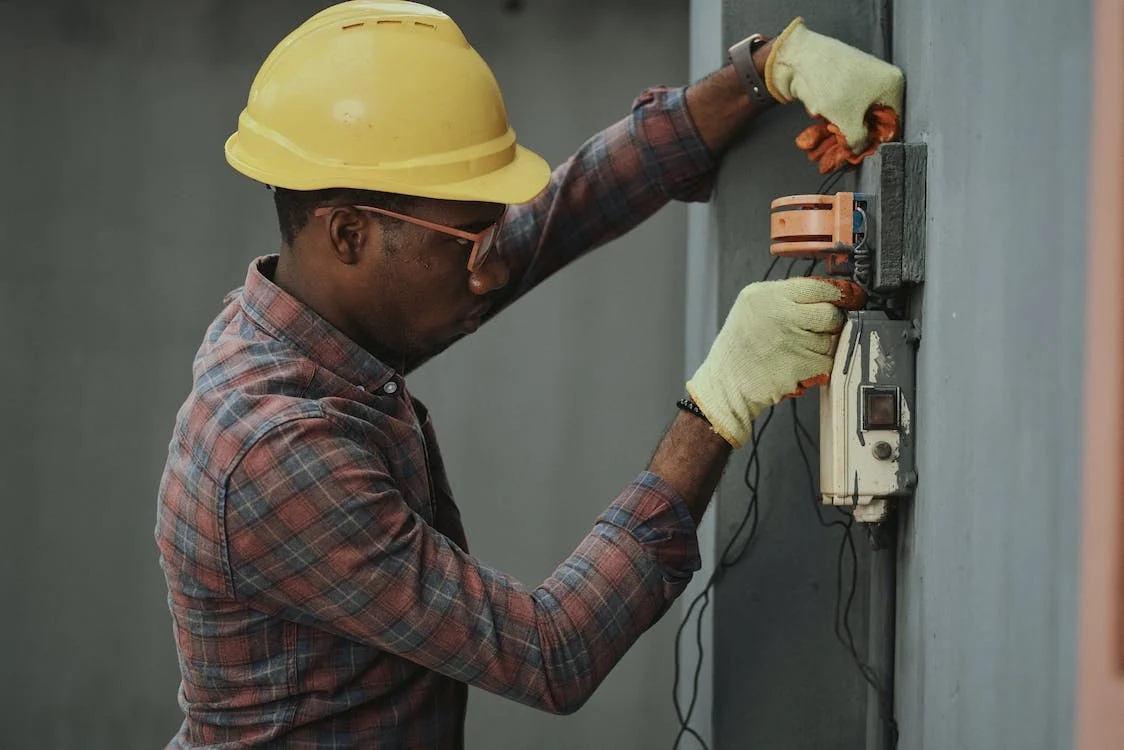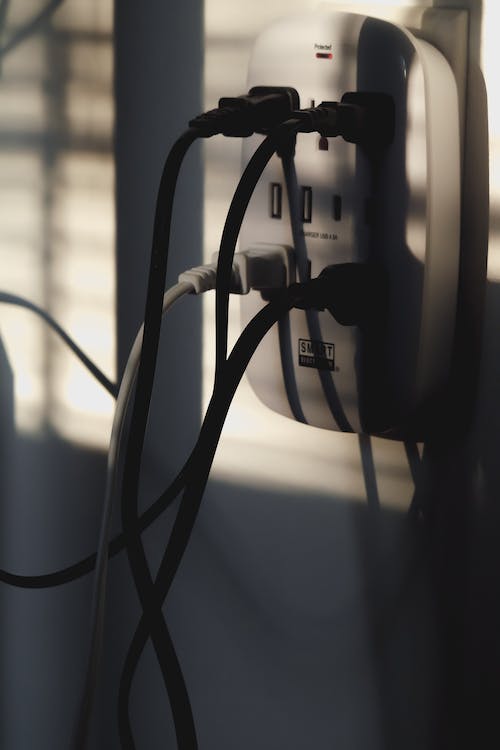
A Lifesaving Guide to Basic Electrical Safety
In our modern world, electricity is a fundamental part of our daily lives. It powers our homes, our workplaces, and our devices, making life more convenient and efficient. However, it’s crucial to remember that electricity, while beneficial, can also be hazardous if not handled correctly. This blog post aims to shed light on basic electrical safety, a topic that everyone should be well-versed in to prevent accidents and ensure a safe environment.

Firstly, understanding the nature of electricity is essential. Electricity is a form of energy resulting from the existence of charged particles such as electrons or protons, either statically as an accumulation of charge or dynamically as a current. It can cause harm by heating tissues or muscles, causing cardiac arrest, or even burns. Therefore, it’s crucial to handle electrical appliances and systems with care.
One of the most fundamental rules of electrical safety is to avoid handling electrical appliances with wet hands or in damp conditions. Water is a good conductor of electricity, and it can lead to electrical shocks. Similarly, never use electrical equipment while standing in water.
Another important safety measure is to regularly check your electrical appliances and cords for any signs of damage. Frayed cords, cracked wires, or malfunctioning appliances can lead to electrical shocks or fires. If you notice any such signs, it’s best to replace the appliance or cord immediately.
It’s also crucial to use appliances as they are intended. Overloading sockets, using appliances for tasks they weren’t designed for, or modifying appliances can all lead to dangerous situations. Always follow the manufacturer’s instructions and safety guidelines when using electrical appliances.
In homes with children, it’s especially important to ensure electrical safety. Cover unused outlets with safety caps to prevent children from sticking fingers or objects into sockets. Keep electrical appliances and cords out of reach of children, and teach them about the dangers of electricity from a young age.

In case of an electrical fire, never use water to extinguish it as water conducts electricity and can spread the fire or cause electrocution. Instead, use a Class C fire extinguisher, which is specifically designed for electrical fires.
Furthermore, it’s a good idea to have your home’s electrical system regularly inspected by a licensed electrician. They can identify potential hazards, ensure your system is up to code, and make any necessary repairs or upgrades.
Lastly, always remember to turn off and unplug appliances when they’re not in use. Not only does this save energy, but it also reduces the risk of electrical shocks or fires.
In conclusion, while electricity is an integral part of our lives, it’s essential to respect its power and potential for harm. By following these basic electrical safety tips, you can help protect yourself and your loved ones from electrical accidents. Remember, safety should never be taken for granted; it’s always better to be safe than sorry.

